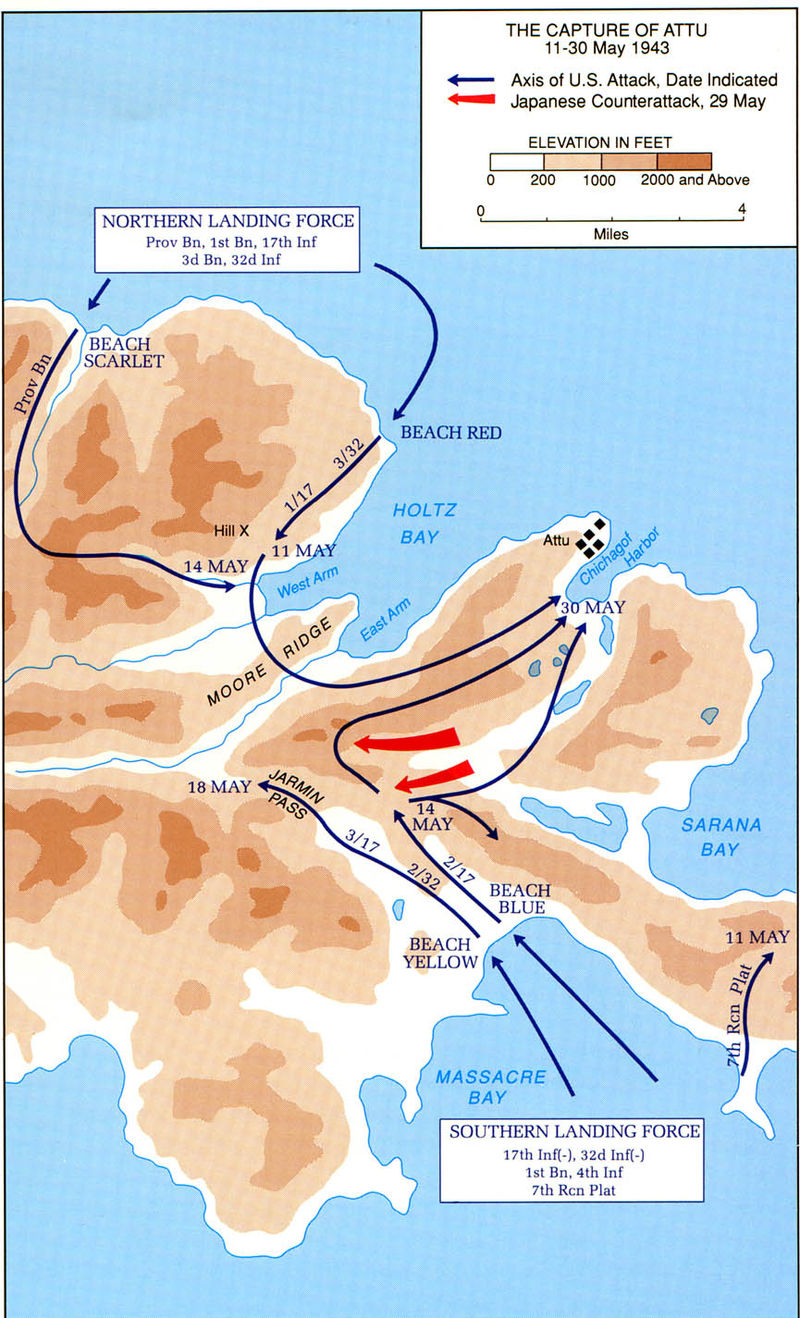I have a very specific situation/disaster in mind here, that I am trying to justify preventing. Suffice it to say, the guys that made it to the beach had radios, and had several BB on call to provide NGS, and even landed arty on the beaches, but despite all of that, they were incapable of using the NGS effectively, because of the particular weather/visibility conditions, which caused the radio communications to fail, and the spotter aircraft to fail/fly straight into mountainsides, and the beached arty was all but useless because of the unusual terrain inland. Would my 'towers' be a perfect solution, even in this particular setting I have in mind? No, but they would have been a huge improvement over what historically did take place. Would they, though, by use of phone lines, be able to give army spotters an elevated view of the battlefield/beaches, and a means of reliably and effectively communicating with both the troops ashore and the crews of the ships that were to provide their NGS and supplies/reinforcements, and one that doesn't get all garbled and distorted like the radios historically did? Possibly. Would small offshore platforms, setup just off the beaches, have been capable of providing arty support, without the problems attendant to the jam packed beach head/land based arty getting bogged down and very hard to operate effectively due to the crowded and overloaded beaches be a possibility, were they too be connected by telephone lines/cables to the other batteries/towers? Maybe.Your spotting tower is:
If you've got radios with the troops, & they have maps (& you do), you've got as much accuracy as any arty gives you anywhere: call in fire, from wherever it originates. That means you can put down fire anywhere inside the battery's max range, without caring about LOS, & without making your spotter gunners' bait.
- a sitting duck
- a tempting target
- completely unnecessary
- useless beyond LOS
I'm also not convinced gun barges make enormous sense. Something like an LCT with a battery of 1000 or so 5" rockets, OTOH...
Additionally, I'm looking to provide a realistic/believable justification for a civilian force that has both the technical expertise, as well as actual hands on experience, of coordinating landings of equipment, supplies, vehicles and personnel on an otherwise deserted beach/coast, and maintaining effective communications between the folks ashore, those coming and going ashore, those on the ships, those on the planes, as well as those on whatever platforms are involved in a given particular challenge/adventure/project. Some things can only be learned done by doing them, and practice makes perfect as they say.
Can I write a story that has the US military, on its own dime and intentions, developing such expertise in the lead up to WWII? Possibly, but probably not, and most likely I could only at best get them to be slightly less incompetent/unprepared for the task at hand, if I want to keep things in the realm of somewhat plausible/believable. Now, if I can write a story where such expertise is not tied to the military/government bureaucracy/budgets, but rather to an eccentric millionaire, that develops such capabilities for the hell of it (and potentially with an eye to "making a buck" down the road), then military/government involvement isn't needed to develop said capabilities, but only rather to make use of such civilian expertise when it dawns on them that "Hey, didn't there used be something in the news about some rich playboy going and doing all sorts of interesting things, that just might be of use in military operations"?
